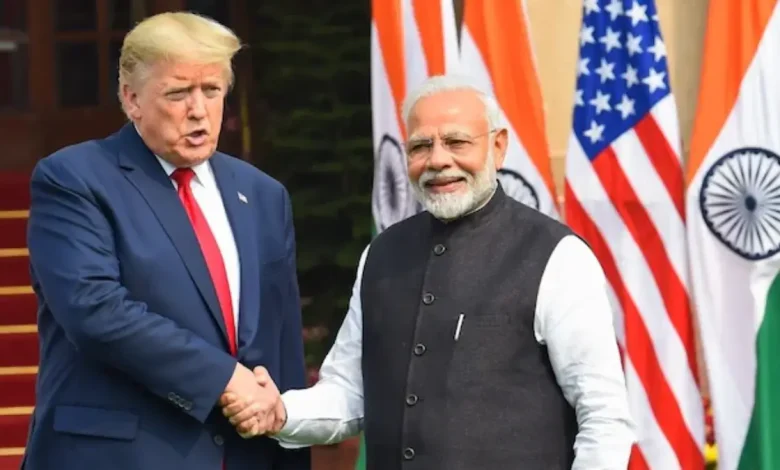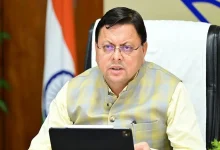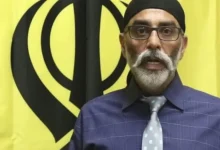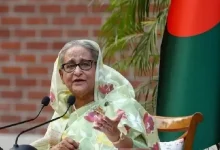Trump-Modi Oil Talks? India Denies Any Such Chat as Tensions Simmer Over Russian Crude

India’s foreign ministry has distanced itself from US President Donald Trump’s assertion that he held a recent discussion with Prime Minister Narendra Modi about curbing purchases of Russian oil, casting doubt on the reported exchange amid ongoing bilateral frictions.
The ministry’s stance emerged just hours after Trump’s comments, which suggested a breakthrough in a dispute exacerbated by his administration’s recent economic measures. On Wednesday, Trump voiced dissatisfaction with India’s continued imports of discounted Russian crude, a practice that has persisted despite Western sanctions following Russia’s invasion of Ukraine. He claimed Modi had personally assured him during their conversation that New Delhi would cease these acquisitions.
Speaking to reporters at the White House, Trump stated, “I was not happy that India was buying oil, and he assured me today that they will not be buying oil from Russia.” This remark came as the US grapples with enforcing its energy sanctions globally, while India—now the world’s third-largest oil importer—has ramped up Russian supplies to offset high global prices and secure affordable energy for its 1.4 billion citizens.
ALSO READ : Trump Calls PM Modi a “Great Man,” But Mix-Up Between India and Pakistan Sparks Online Reactions
In New Delhi on Thursday, however, Ministry of External Affairs spokesman Randhir Jaiswal firmly rebutted the notion of such a dialogue. “To the best of our knowledge, I am not aware of any conversation between PM Modi and President Trump yesterday,” Jaiswal told journalists during a regular briefing. His response underscores a potential miscommunication or differing recollections between the two leaders’ teams, at a time when US-India ties are already under pressure.
The discord traces back to Trump’s imposition of a 50% tariff on Indian goods last month, which he framed explicitly as retaliation for India’s defiance on Russian oil. That levy has rattled trade relations, prompting concerns among exporters and investors about retaliatory steps from New Delhi. India’s oil imports from Russia have surged over 10-fold since 2022, reaching record levels this year and accounting for nearly 40% of its total seaborne crude arrivals, according to data from Vortexa Analytics.
While Jaiswal stopped short of addressing Trump’s specific allegation of a commitment to halt Russian purchases, he emphasized India’s eagerness to bolster energy partnerships with Washington. In a formal statement released Thursday, the ministry highlighted ongoing efforts to “deepen energy ties with the US,” signaling a desire for collaboration without yielding to unilateral demands.
The episode highlights the delicate balance India maintains in its foreign policy: navigating ties with both the US and Russia, a longstanding defense and energy partner, while avoiding entanglement in geopolitical flashpoints. As global oil markets remain volatile—with Brent crude hovering around $75 a barrel—New Delhi’s energy security calculus will likely continue to prioritize cost and availability over alignment with Western sanctions.
Trump’s tariff salvo, meanwhile, risks broader repercussions for bilateral trade, which topped $190 billion last fiscal year. Analysts in Mumbai and Washington are watching closely for signs of de-escalation, but Thursday’s denial from India suggests the path to resolution may be bumpier than anticipated.
The White House has yet to comment on the discrepancy, leaving open questions about whether the purported call occurred or if Trump’s remarks stemmed from informal channels. For now, India’s measured response appears aimed at preserving autonomy in its import decisions, even as it courts deeper integration into US-led supply chains for liquefied natural gas and renewables.




